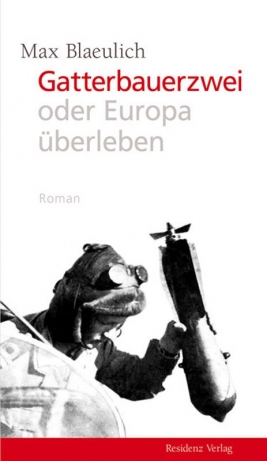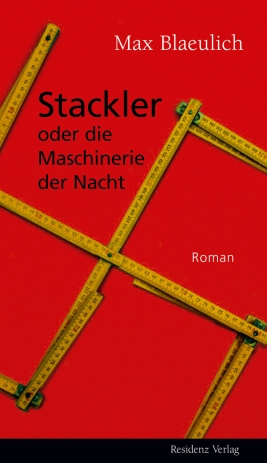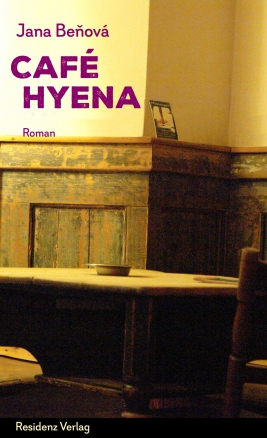
Max Blaeulich - Gatterbauertwo or: Surviving Europe
Die letzten Tage der Menschheit finden ihre Fortsetzung in einem Roman von beklemmender Kühnheit.
Carried off to Europe as a slave, a souvenir of an Africa expedition Gatterbauertwo is second footman to his master Alois Gatterbauer and looking for his home Uganda. After a time of meandering and after many detours he ends up in Hungary, goes to the dogs, and at the home of Count Pallavicini he is to be turned into a cultivated, converted catholic butler. He learns quickly: manners, waiting, German – but most of all he learns to hate. When heir apparent Franz Ferdinand is killed in Serbia and World War I breaks loose he is well prepared for his new role: He goes to war – for a strange emperor, a strange god, and a country that is not his. How can you survive Europe, the wild continent, the permanent war in the heart of darkness? And what does humanity mean, when man is nothing more than a cue ball of foreign powers – slave, soldier, object to look on, object of lust, a commodity? Based on meticulously researched historic material Max Blaeulich draws the picture of a society degenerated to the core: Europe, a culture where moral values have been perverted by racist arrogance and greed; Europe, gloriously stumbling across dead bodies from one catastrophe into the next. The quote from Dostoevsky tunes in for a grotesque pitch. Blaeulich is a master of this field, and he is in good company: Gogol, Canetti, Gombrowicz, Carlo Emilio Gadda, Sergio Pitol, just to name a few. The genre of the grotesque itself is a blossom of baroque art. Blaeulich is a baroque author not only because of his characterisations, but also because of his roaming, straying, slope-searching way of storytelling. LEOPOLD FÖDERMAIER, NZZ
Book details
336 pagesformat:110 x 190
ISBN: 9783701714513
Release date: 01.08.2006
License rights
- World rights available








